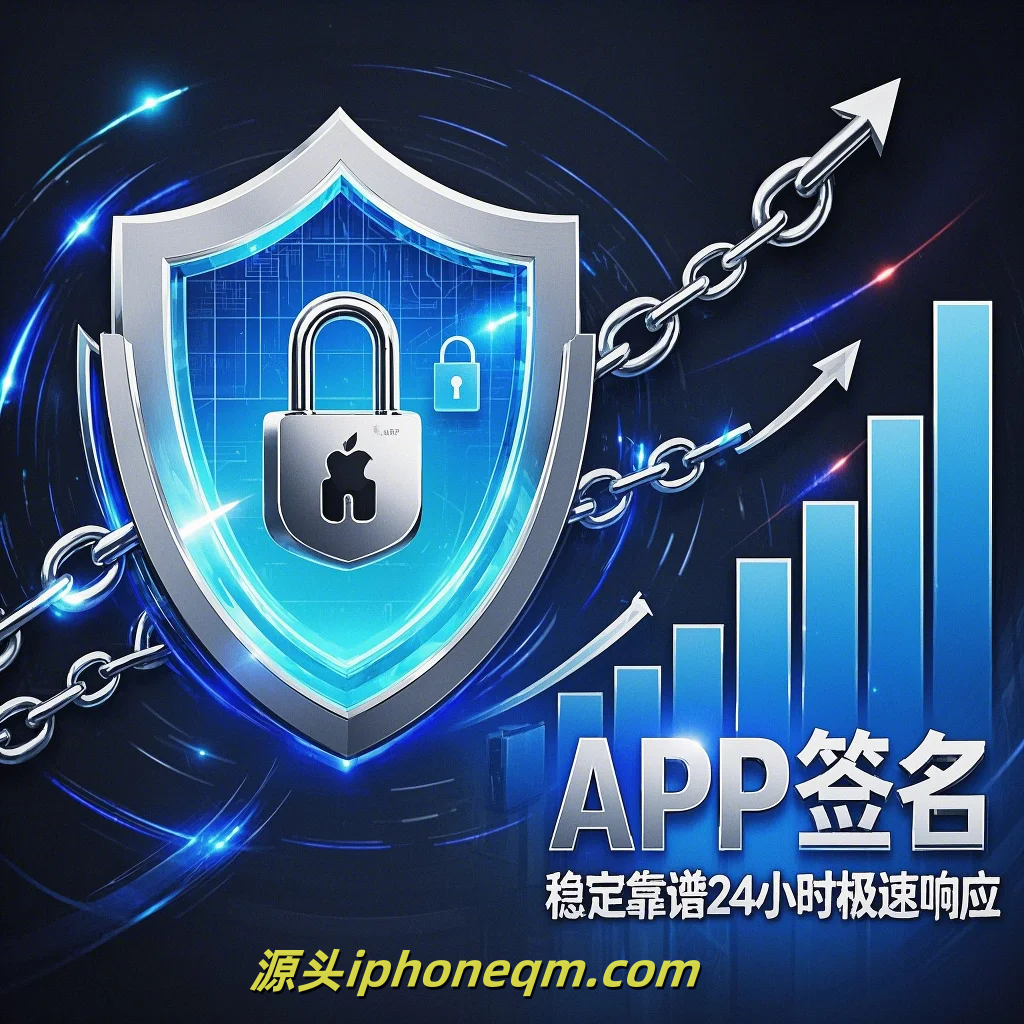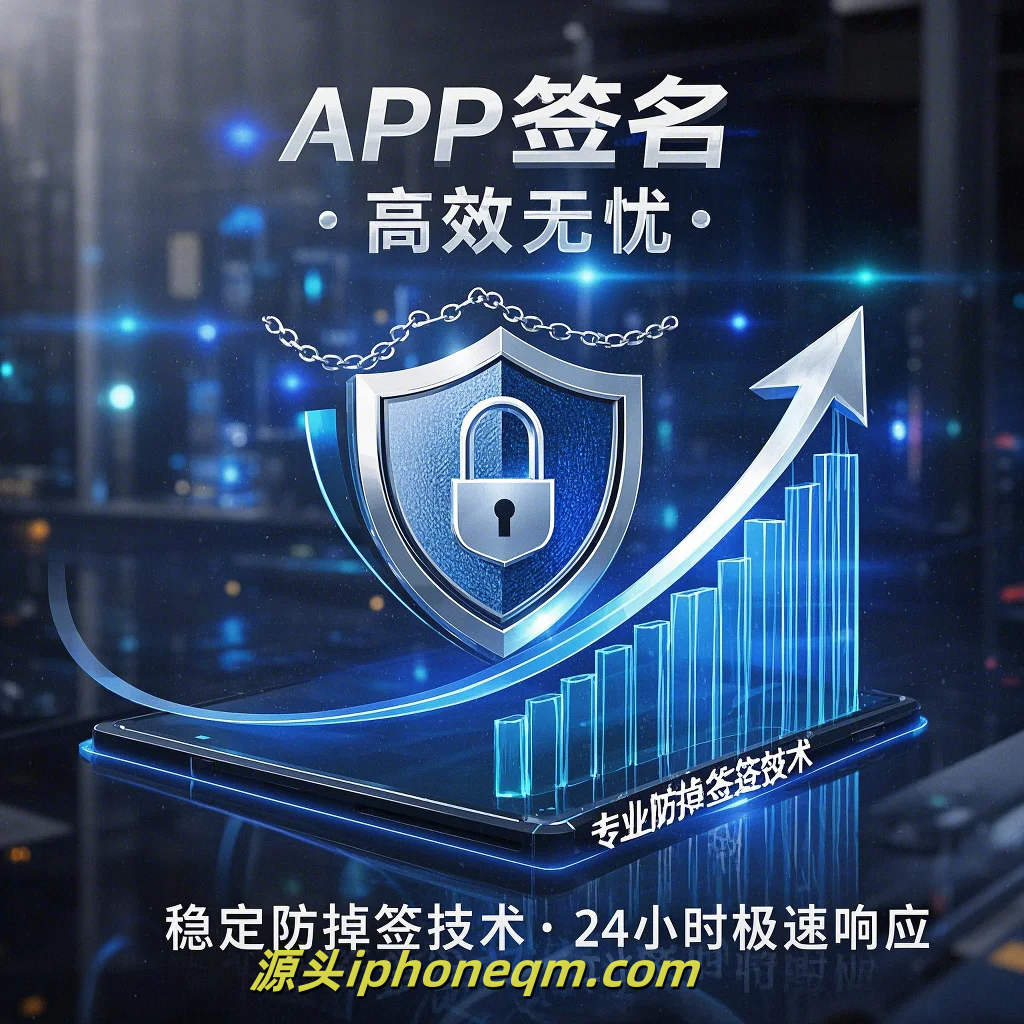Apple Enterprise Signing: What You Need to Know
When it comes to deploying applications within your organization, Apple Enterprise Signing plays a crucial role. For companies that build custom iOS apps for internal use, understanding this process is essential. Let's delve into what Apple Enterprise Signing is, its benefits, and important factors to consider.
First and foremost, Apple Enterprise Signing allows organizations to distribute proprietary apps to their employees without having to go through the App Store. This method is particularly beneficial for businesses that need specialized applications tailored to their specific workflows and requirements. Instead of dealing with the limitations of the App Store, companies can develop and manage their apps privately, ensuring that sensitive information remains secure.
If you’re looking to utilize this signing method, you'll need to enroll in the Apple Developer Enterprise Program. This program is designed for businesses and requires a D-U-N-S number, which is a unique nine-digit identifier for businesses. Once your organization is approved, you can create and manage distribution certificates and app IDs, laying the groundwork for app signing.
The signing process itself involves generating a certificate that is used to sign your applications. This certificate is issued by Apple and must be installed on your development machine. When signing your app, ensure that you are using the correct provisioning profiles. The enterprise distribution provisioning profile allows your app to be installed on any device that is part of your organization, without needing to register the individual devices in advance.

One major advantage of Apple Enterprise Signing is the ability to distribute apps directly to employees via internal distribution methods such as MDM (Mobile Device Management) solutions or direct links. This streamlined process minimizes friction, facilitates rapid deployment, and ensures that every employee has access to the latest tools necessary for their work.
However, it's important to note that with great power comes great responsibility. Misuse of enterprise certificates can lead to severe consequences. Apple has strict guidelines regarding the use of enterprise signing. If your organization is found using an enterprise certificate to distribute apps to the public, it risks having its certificate revoked, leading to the potential loss of access to your signed apps. Therefore, adhering to the guidelines and ensuring that your distribution is strictly internal is vital.
In addition to this, keeping your apps updated is crucial. Regular updates not only fix bugs and add new features but also ensure that any security vulnerabilities are addressed promptly. It’s advisable to have a system in place for managing these updates effectively.
Another critical aspect to consider is security. Using the Enterprise Signing process requires a strong security culture within the organization. It's essential to ensure the protection of your signing certificates and keys. Unauthorized access could lead to malicious distributions, compromising the security of both your applications and your organization.
In conclusion, Apple Enterprise Signing can be a powerful resource for organizations looking to develop and manage their internal applications efficiently. By understanding the enrollment process, the signing workflow, distribution methods, and adhering to security practices, companies can enjoy the benefits of custom applications tailored to their unique needs. Remember, successful enterprise app deployment depends not only on the signing process but also on maintaining a robust system for app management and continuous compliance with Apple’s guidelines.
扫描二维码推送至手机访问。
版权声明:本文由MDM苹果签名,IPA签名,苹果企业签名,苹果超级签,ios企业签名,iphoneqm.com发布,如需转载请注明出处。











